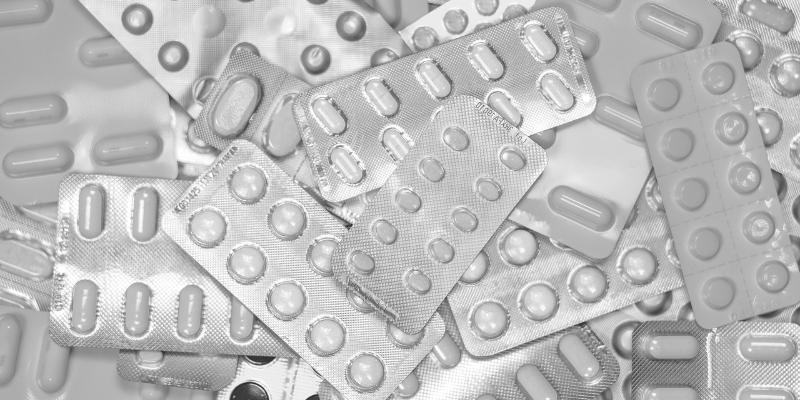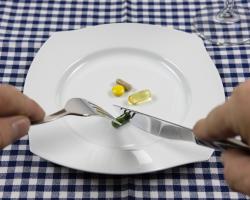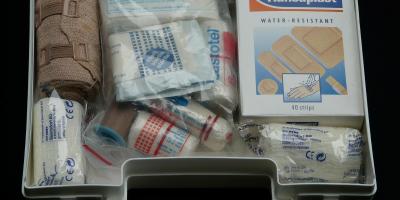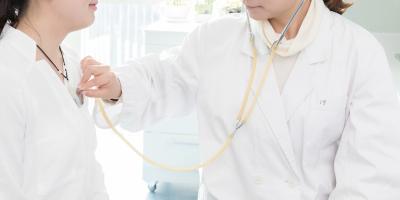Medications that reduce pain, fever, and rhinitis can be purchased without a prescription. To buy some of them we don’t even have to visit a chemist’s shop. We just head to a supermarket, a drugstore, or a gas station and purchase them at the cash desk. How should we take them without doing any harm to our health?
“I call for caution when dealing with any medicine. First we should consult the enclosed instructions. It’s unacceptable to buy a medicine and not look at the content of the medicine, but only because it helped our neighbour." emphasises the President of the Supreme Medical Council, Dr. Maciej Hamankiewicz.
Do not overuse
Specialists warn that we should not overuse non-prescription medicines. “For example, this may happen with people who take handfuls of different painkillers instead of going to the dentist," – explains Dr. Hamankiewicz.
We often overdose on medicines because many of them contain the same active substance. Because of the lack of knowledge, and although it seems that particular medicines are different, patients might unconsciously take multiple doses of e.g. paracetamol.
Therefore, Dr. Hamankiewicz advises that we should reach for over-the-counter medicines as rarely as possible for minor health problems such as headache, toothache, or traveller’s diarrhoea.
Dangerous interactions
Taking different drugs raises the risk of dangerous interactions. According to specialists from the Office for Registration of Medicinal Products, Medical Devices and Biocidal Products, if you take two medications, the risk of adverse interactions is 13 percent, if you take five drugs – 58 percent, if you take seven drugs and more – 82 percent.
It can be a huge problem especially for older people, who take many medications. “This also applies to patients who are chronically treated for example with anticoagulants, because of the risk of stroke. In their case, taking additional over-the-counter medication without consultation with the doctor, can be very dangerous" – emphasises the head of the Supreme Medical Council (NRL). According to him, this whole group of patients should not take over-the-counter drugs.
We should be also very careful when giving any medicines to children. “Children might suffer the same problems as adults, but with double force, because the body of a child very often reacts very quickly. Therefore, here the possibilities of self-healing are very limited, and you should consult your doctor before giving any medicines to children," explains the specialist.
Combining medicines does not provide more effective treatment
As part of an educational campaign "Safe Medicine", the Office for Registration of Medicinal Products, Medical Devices and Biocidal Products prepared information materials about adverse drug interactions.
The above examples point, for example, to the harmful effects of the simultaneous use of several non-steroidal anti-inflammatory drugs, e.g., you must not combine ibuprofen and naproxen – combined drugs are not more effective and increase the risk of damage to the gastrointestinal tract, liver and kidney.
Ginseng or ephedrine reduce the effectiveness of the treatment of hypertension, and St. John's Wort can interfere with antidepressants, and even contraceptives. Too high doses of paracetamol can destroy the liver.









Comments (0)